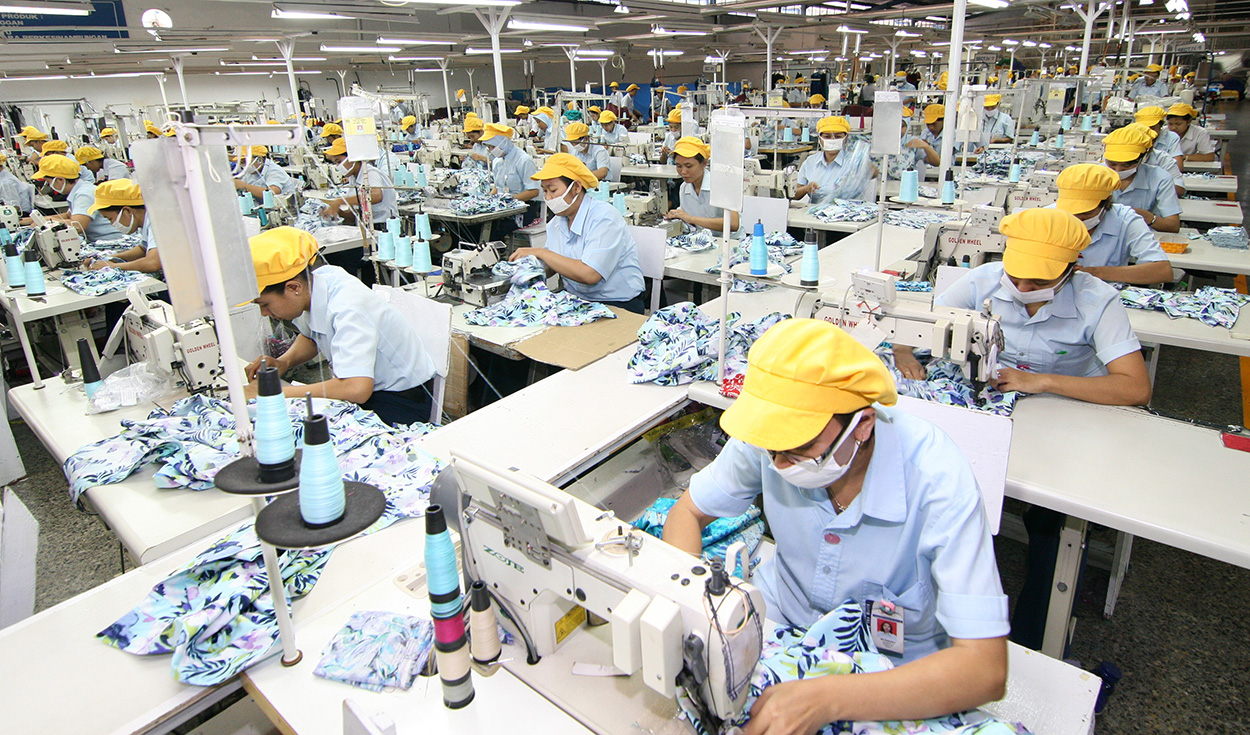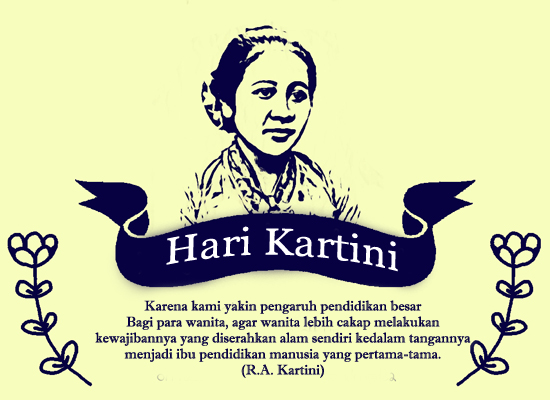
Knowing the labor law of Indonesia is important before establishing any business in Indonesia. You need to make sure that your business complies perfectly with the law and regulations applied by the government. In general, these laws and regulations are applicable to all “workers”, regardless of their position (managerial or non managerial workers) or their status (indefinite or definite period workers).
General principles under the Labor Law
The Labor Law sets out general principles and requirements regarding labor and employment matters, among other things:
- Employment agreements, company regulations and collective labor agreements
- The protection of certain group of workers, such as female workers, disabled workers and child workers
- Working hours (including overtime or ‘lembur’)
- Health and safety principles
- Wages (including the principles on the minimum wage)
- Paid leave (annual leave, sick leave, religious leave etc)
- Welfare facilities
- Principles of the industrial relationship
- Outsourcing
- Strikes and lock outs
- Termination of employment
Types of employment under the Labor Law
The Labor Law refers to 2 basic types of employment relationship:
- Indefinite period employment
Indefinite period employment is the employment of a worker for an indefinite period. An employer may impose a probationary period of maximum of 3 months. During this probationary period, an employer may terminate the employment relationship without notice and without the obligation to pay a termination package, provided that the probationary period was imposed earlier in writing. Otherwise, there must be a valid reason for an employer to terminate an indefinite period employment relationship. - Definite period employment
Definite period employment is the employment of a worker for a certain period of time. An employment agreement for a definite period can only be made for certain work which as to the type and characteristic or the work activities concerned will be completed within a certain time period. As a general rule, the maximum validity of the initial definite period employment agreement is 2 years.
Salary and allowance
The Labor Law defines “salary” as compensation in the form of money received by an employee from an employer, determined and paid in accordance with the employment contract or applicable laws and regulations. Salary may also include allowances for the employee and his/her family for certain work and/or services that have been or will be performed. Generally, salary consists of basic salary, fixed allowance, and non-fixed allowance. The amount of basic salary must be at least 75% of the total salary. Each provincial level government annually issues a minimum wage that is applicable in the province.
The Labor Law requires employers to determine the salary structure and grade of individual employees based on their position within the employer, their years of service, education and competency.
Employer should pay a religious festivity allowance (Tunjangan Hari Raya or THR) to employees, in relation to the major religious holiday celebrated by the employee. According to the regulation, the THR must be paid no later than 7 days before the relevant religious holiday. The amount of the THR for an employee who has worked for 12 consecutive months is equal to 1 month’s salary. For an employee with service period of less than 12 months but more than 3 months, the amount of the THR is pro-rated according to the employee’s actual months of service with the employer.
For more details about THR, please check here here.
Paid leaves
According to Manpower Act No 13 of 2003, in addition to regulating THR law, Minister of Manpower also regulates law for annual leave, sick leave, maternity leave, and other types of leave. Employees are entitled to 12 days of paid time off for annual leave after 12 months of continuous service, and allowed to have absence due to illness or injury without having to deduct the workers’ days of annual leave.
The regulation also states that employees are entitled to receive full wages during maternity leave. Maternity leave includes 1.5 months before the birth and 1.5 months after the birth, as certified in writing by an obstetrician or midwife. If miscarriage happened, the employee is also entitled to 1.5 months of paid-leave or as certified in writing by the physician. Employers also must present opportunities and special facilities for new-mothers to breastfeed their infant during working hours.
Full details of Labor Law of Indonesia (Undang-undang No 13 tahun 2013) can be accessed here.




